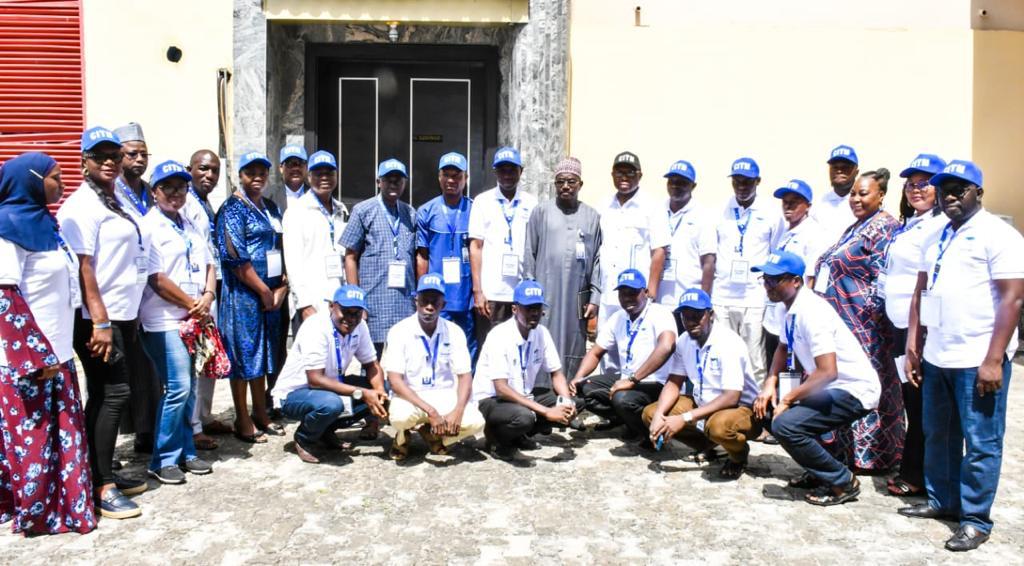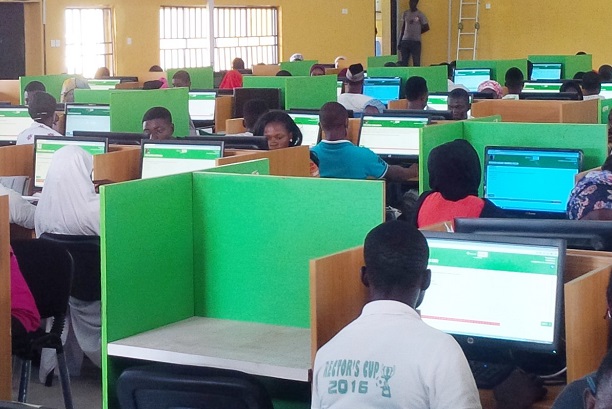The Chartered Institute of Treasury Management (CITM) says sustainable treasury practices in organisations are necessary for the nation’s economic growth.
Ahmed Idris, president of CITM and former accountant-general of the federation, spoke at the recent induction of new members into the institute in Abuja.
Represented by Ahmed Imam, head of directorate of education and certification of CITM, Idris said all organisations need to establish sustainable treasury management systems.
He said sustainable treasury management by organisations contributes to the overall economic growth of Nigeria.
Advertisement
“A sustainable treasury is a concept that emphasises the integration of environmental, social, and governance (ESG) factors into treasury operations, to promote long-term economic, social, and environmental sustainability,” he said.
“It recognises that the treasury function within an organisation can play a crucial role in driving positive change and contributing to a more robust and resilient economy.
“By adopting sustainable treasury practices, organisations can align their financial decision-making with broader sustainability goals. This involves considering the environmental and social impacts of treasury operations, as well as the governance structures and ethical considerations surrounding financial activities.
Advertisement
“The focus is on integrating sustainability considerations throughout the treasury lifecycle, from cash management and investments to risk management and reporting.
“Sustainable treasury practices encompass several key elements. Firstly, organisations can incorporate ESG criteria into their investment and funding decisions, prioritising investments in environmentally friendly and socially responsible projects. This helps direct capital towards sustainable initiatives and industries, fostering the transition to a low-carbon economy and promoting social development.
Idris said sustainable treasury also involves implementing robust risk management practices that consider climate-related risks, “such as physical risks (e.g., extreme weather events) and transitional risks (e.g., regulatory changes)”.
He explained that by understanding and mitigating these risks, organisations can protect their financial assets and contribute to a stable and resilient economy.
Advertisement
In addition, the CITM boss noted that sustainable treasury further emphasises transparency and reporting — with organisations disclosing their sustainability performance and impact.
According to Idris, this enables stakeholders, including investors, customers, and regulators, to assess the organisation’s commitment to sustainability and make informed decisions.
“Finally, sustainable treasury practices also involve promoting financial inclusion and supporting economic development in underserved communities. By leveraging financial resources and expertise, organisations can contribute to inclusive growth, job creation, and poverty alleviation,” he said.
“Overall, a sustainable treasury acts as a catalyst towards a virile economy by integrating sustainability principles into financial decision-making. It recognises that economic prosperity cannot be achieved in isolation from environmental and social considerations.
Advertisement
“By embracing sustainable treasury practices, organisations can drive positive change, contribute to a more resilient and inclusive economy, and create long-term value for all stakeholders.”
Idris advised the 51 inductees to be good ambassadors of the institute.
Advertisement
Add a comment






